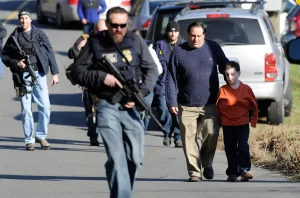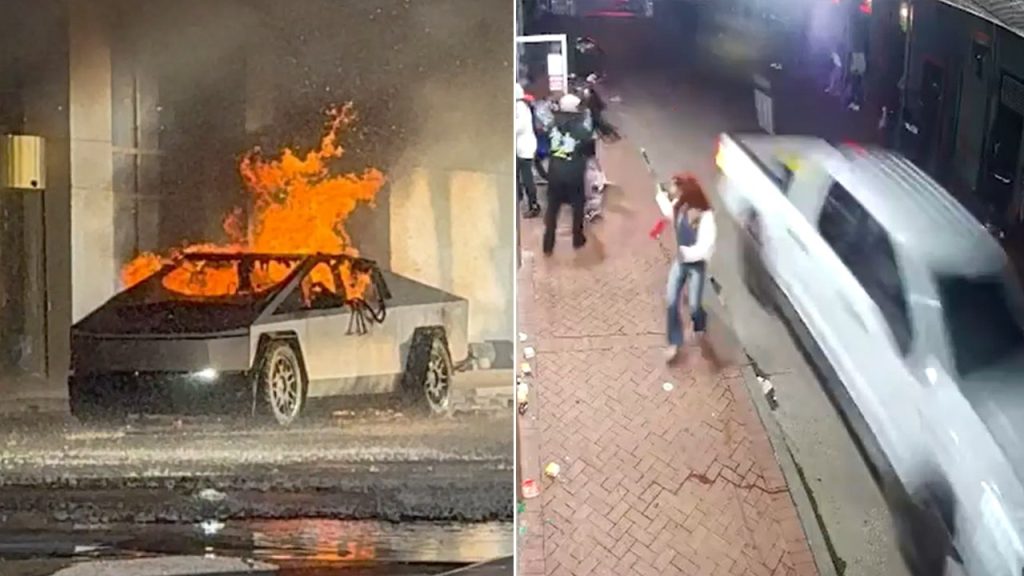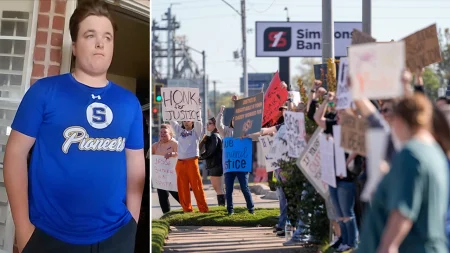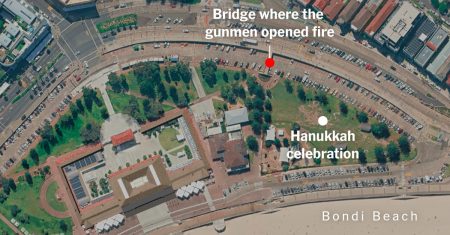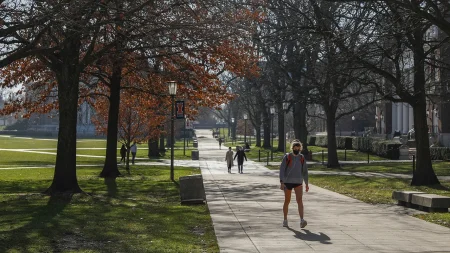The Senate Judiciary Committee launched a bipartisan investigation into two separate incidents that occurred on New Year’s Day 2025: a terrorist attack in New Orleans, Louisiana, and an explosion outside the Trump International Hotel in Las Vegas, Nevada. The New Orleans attack, perpetrated by Shamsud-Din Jabbar, claimed the lives of 15 people when he drove a rented truck through a crowd celebrating New Year’s Eve on Bourbon Street. The Las Vegas incident involved Matthew Alan Livelsberger, who died from a self-inflicted gunshot wound before detonating a rented Tesla Cybertruck outside the hotel. While the FBI has stated there is no connection between the two events, the Senate Judiciary Committee, led by Chairman Chuck Grassley and Subcommittee Chairman Ron Johnson, initiated the investigation to ascertain the facts surrounding both incidents and ensure transparency for the public.
The Committee’s investigation focuses on several key areas, including the backgrounds, motivations, and potential connections of both perpetrators. Jabbar, a Texas native and former U.S. Army serviceman with a deployment history in Afghanistan, had publicly expressed ISIS-inspired extremist views on social media, posting videos just hours before the attack. Livelsberger, also a former Army serviceman with Special Forces training and a service record that overlapped with Jabbar’s both at Fort Bragg and in Afghanistan, detonated the vehicle outside the Trump hotel. The Committee is scrutinizing the potential influence of extremist ideologies on both individuals, as well as exploring the possibility of any undisclosed links between them, despite the FBI’s initial assessment. The fact both men rented vehicles from the same company, Turo, further fueled the Committee’s inquiry.
The investigation also examines the preparedness and response of law enforcement agencies, particularly the FBI. The Committee raised concerns about the absence of the Special Agent in Charge (SAC) of the New Orleans FBI field office during the attack, questioning the agency’s readiness for such a major event. The SAC’s absence, reportedly due to vacation, was not initially disclosed to Congress during briefings, leading to further scrutiny by the Committee. The senators are demanding a full accounting of the FBI’s actions leading up to, during, and after the attack, including its communication with other agencies and its internal protocols for major public events. This includes a deeper understanding of the extent of Jabbar’s radicalization and the efficacy of the FBI’s monitoring of potential threats.
Furthermore, the Committee is seeking information from social media platforms, specifically Meta (Facebook), regarding Jabbar’s online activities prior to the attack. Jabbar’s use of Facebook to disseminate extremist content and announce his intentions raises questions about the platform’s role in facilitating the spread of extremist ideologies and the detection and prevention of online radicalization. The Committee’s inquiry extends to Meta’s policies and procedures for identifying and removing extremist content, as well as its cooperation with law enforcement agencies in cases involving potential threats. This aspect of the investigation highlights the growing concern about the role of social media in both domestic and international terrorism.
The Committee’s investigation has thus far involved sending letters to key government agencies, including the Department of Justice, Department of Homeland Security, Department of Defense, and the FBI, requesting detailed information related to both incidents. The requests include information on the perpetrators’ backgrounds, military service records, travel histories, and any known associations or communications that might shed light on their motivations and actions. The Committee also aims to establish a timeline of events leading up to both attacks, including any intelligence gathered or actions taken by law enforcement prior to the incidents. This comprehensive approach aims to provide a complete picture of the circumstances surrounding both events.
In conclusion, the Senate Judiciary Committee’s investigation seeks to determine the full scope of the New Orleans terrorist attack and the Las Vegas explosion, addressing concerns about potential security lapses, the influence of extremist ideologies, and the role of social media in facilitating radicalization. By demanding transparency and accountability from government agencies and social media platforms, the Committee aims to uncover the truth behind these incidents and contribute to preventing future acts of terrorism. The investigation’s findings will likely inform future policy discussions on national security, counterterrorism measures, and the regulation of online platforms. The Committee’s bipartisan approach underscores the seriousness of these incidents and the importance of a thorough and impartial investigation to address the complex challenges posed by domestic terrorism.
